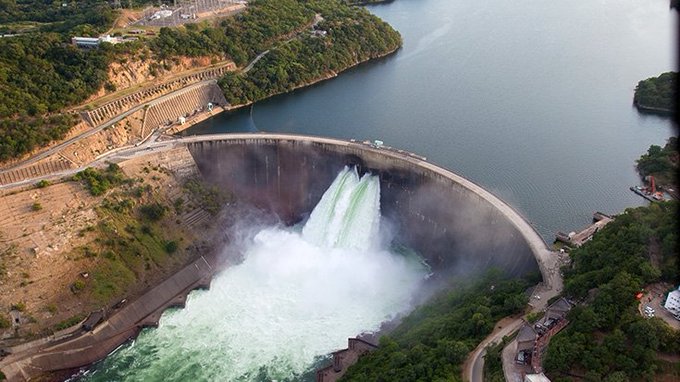By Joyce Mukucha
There are fears that the Kariba hydro power station which is the Zimbabwe’s massive power plant might shut down next month as the water inflows continue to decrease.
Worries are that power constraints will continue in the country until there is reliable, sustainable and universal energy to the Zimbabwean populace. Contentions between citizens and the Zimbabwe Electricity Transmission and Distribution are the order of the day.
Speaking during a Zimbabwe Energy Regulatory Authority (ZERA) media workshop in Harare yesterday, an official from the Zimbabwe Power Company (ZPC) Engineer Bernard Chizengeya indicated that by September, the company may not be able to generate electricity from Kariba as the water levels were at 478m against the minimum drawdown.
He emphasised that there was need to maintain what the nation currently have in terms of energy so as to avoid emerging constrains. Generation was constrained, he said due to low lake levels that is limited to an average of 358MW.
“Low inflows into Kariba continue dropping as inflow continues to be depressed. Water levels are now approaching the 1995 and 1996 situation when there was drought. The lake level is currently at 478m against a minimum drawdown, thus 4m live water for both utilities. We need to maintain current running units at Hwange Power Station. We can’t continue running Kariba, otherwise, it will run out of water.
“In September, the situation at Kariba complex would be worse if not wisely managed and the hydro power plant is likely to be decommissioned. We have no choice but only to wait for the inflows to increase,” he said.
He also stressed that the nation was facing a challenge of not having foreign currency to purchase inputs and equipment thereby power cuts constraints continue to occur around the nation.
However, there are ongoing projects that are expected to improve Zimbabwe’s power supply in the future upon completion. These include Hwange 7 and 8 expansion thermal project which has the capacity of 600MW and is expected to be completed in 2022, the Batoka Hydro development which has the capacity of 1 200MW and is expected to be done by 2027, Insukamini Solar Scheme with a capacity of 100MW and is expected to be complete by 2023 among others.






